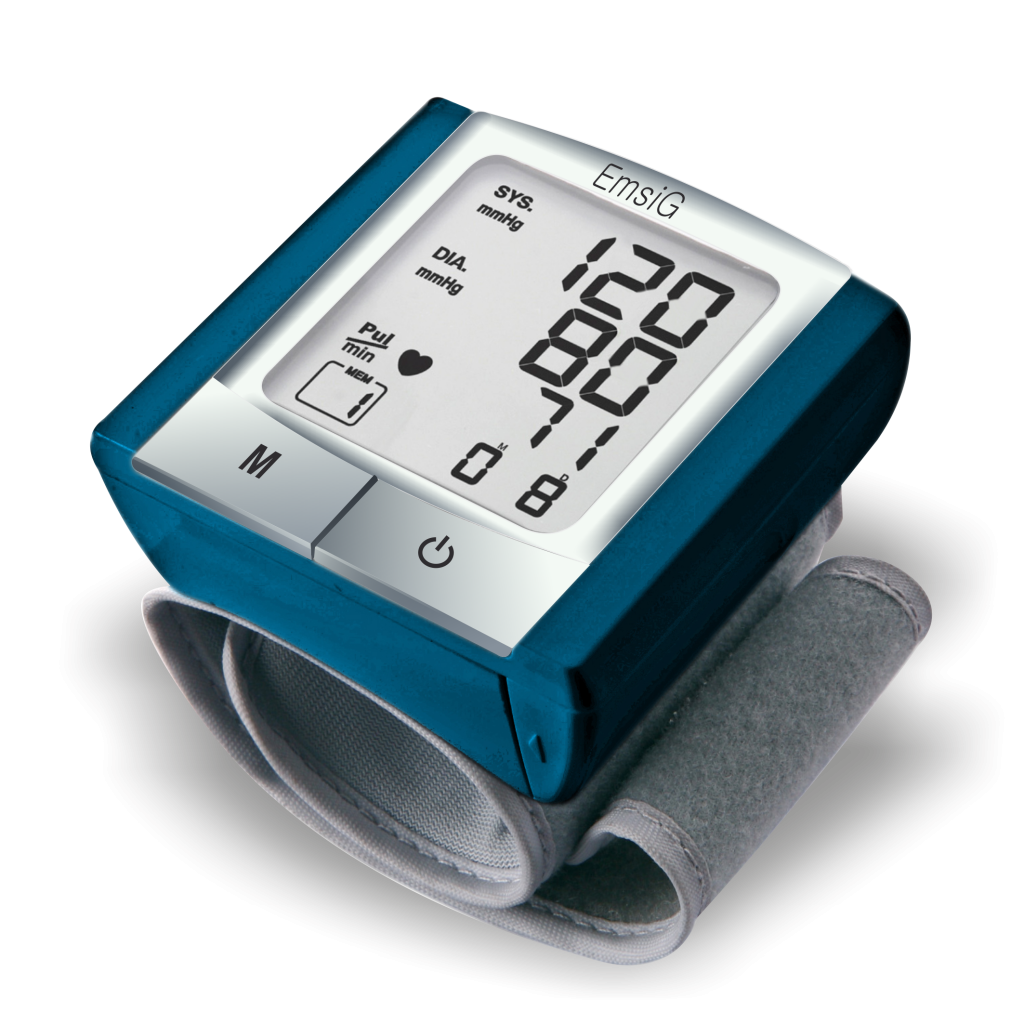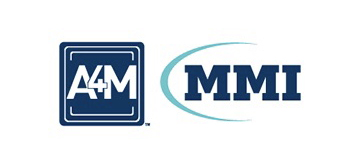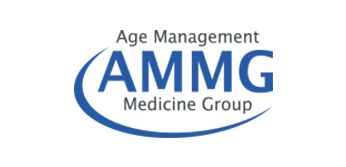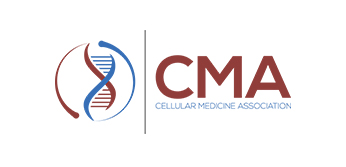Hypertension Treatment
Start Managing your Hypertension
If you have been diagnosed with high blood pressure or hypertension you know your numbers now and what numbers you should aim to lower it to. Your healthcare professional may have let you know that your lifestyle plays an important role in its treatment and control. And by making the appropriate lifestyle changes you may end up avoiding the need to take medication. How can you start?
Lose Some Weight
There is a definite relationship between hypertension and excess weight. As the weight increases, blood pressure rises as well. Also, as you gain weight and have difficulties breathing while you sleep, your blood pressure increases even more. Losing even a small amount of weight will make a difference in your blood pressure numbers. However, your main focus should be on your waistline since weight around your waist puts you at greater risk for hypertension.
Incorporate Exercise into Your Daily Life
Exercise is an extremely effective weapon against hypertension. And if you already have high blood pressure practicing some form of physical activity every day will help lower it. However, the impact of exercise is temporary. This means that if you stop, the numbers will go up again.
If you have never exercised, there is no need for you to start with extreme sports. A much more realistic approach is getting used to walking at least 30 minutes every day. You may later add or switch to jogging, cycling, swimming, or even having some fun dancing. Help yourself further by doing some strength training at least two or three times a week. If you are unsure as to how to develop an exercise program, your doctor can help.

Your Doctor is The Best Ally in Your Fight Against Hypertension
Although it is recommended that you monitor your blood pressure regularly at home, it is also important to have follow-up visits with your doctor to keep tabs on your progress. Also, during those visits, your doctor may decide to add medication to your treatment if lifestyle changes don’t seem to be working or not as well as they should.
What medications are prescribed to treat high blood pressure?
The list of possible medications to treat hypertension is long. Among the medications your doctor may consider for your hypertension, you may find:
Thiazide Diuretics
These pills often called water pills, act on your kidneys to help them get rid of sodium and water. They tend to be the first medication prescribed.
Angiotensin-Converting Enzyme (ACE) Inhibitors
ACE inhibitors help relax blood vessels by blocking the formation of a natural chemical that narrows blood vessels.
Angiotensin II Receptor Blockers (ARBs)
ARBs help relax blood vessels by blocking the action of a natural chemical that narrows blood vessels.
Calcium Channel Blockers
CCBs help relax the muscles of your blood vessels but in some cases, they may slow your heart rate.
Alpha Blockers
They reduce the effects of natural chemicals that narrow blood vessels.
Beta Blockers
Beta Blockers reduce the workload on your heart and open your blood vessels, causing your heart to beat slower and with less force.
Aldosterone Antagonists
These drugs block the effect of a natural chemical that can lead to salt and fluid retention.
Renin Inhibitors
They slow down the production of renin, an enzyme produced by your kidneys that starts a chain of chemical steps that increases blood pressure.
Vasodilators
These medications work directly on the muscles in the walls of your arteries, preventing the muscles from tightening and your arteries from narrowing.
FAQs
Three ways to lower your blood pressure that you can tackle on your own are:
- Reduce your weight
- Incorporate exercise into your daily routine
- Limit the amount of salt you consume
Studies have shown that, for most patients with hypertension, adding thiazide diuretics provide the best results as a first-line treatment to reduce morbidity and mortality due to high blood pressure.
A combination of lifestyle changes, such as monitoring your diet and salt intake, exercising, and consulting your doctor regarding the best medical option for you, will yield the best results. Your doctor´s prescription will take into account factors such as whether you suffer from diabetes or other conditions, whether you are at risk for heart attacks or strokes, and your age, to decide what medication is most appropriate for you.
Start walking or exercising right away. This will make your heart stronger and more efficient at pumping blood, thus lowering the pressure in your arteries. Aim for 150 minutes per week. At the same time, get used to eating with less salt
And remember, if you have been prescribed medication to control your hypertension it is important that you take it as prescribed. If you have trouble taking them, let your doctor know.







